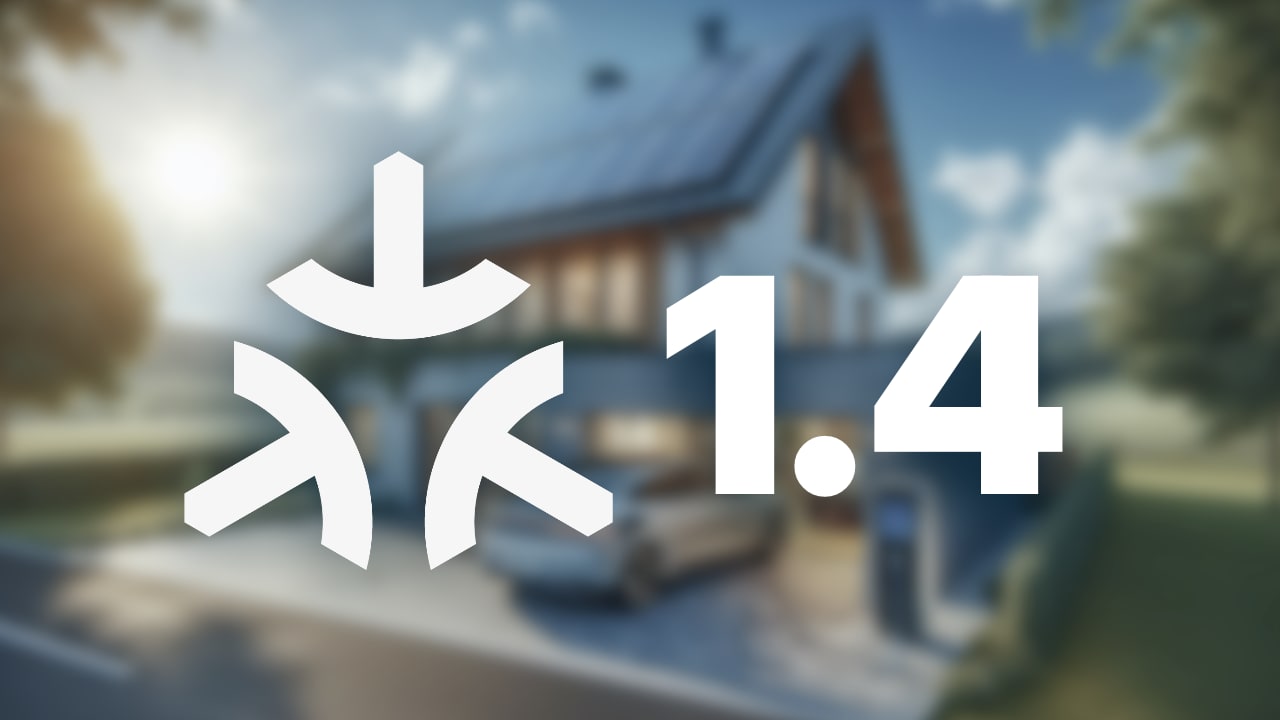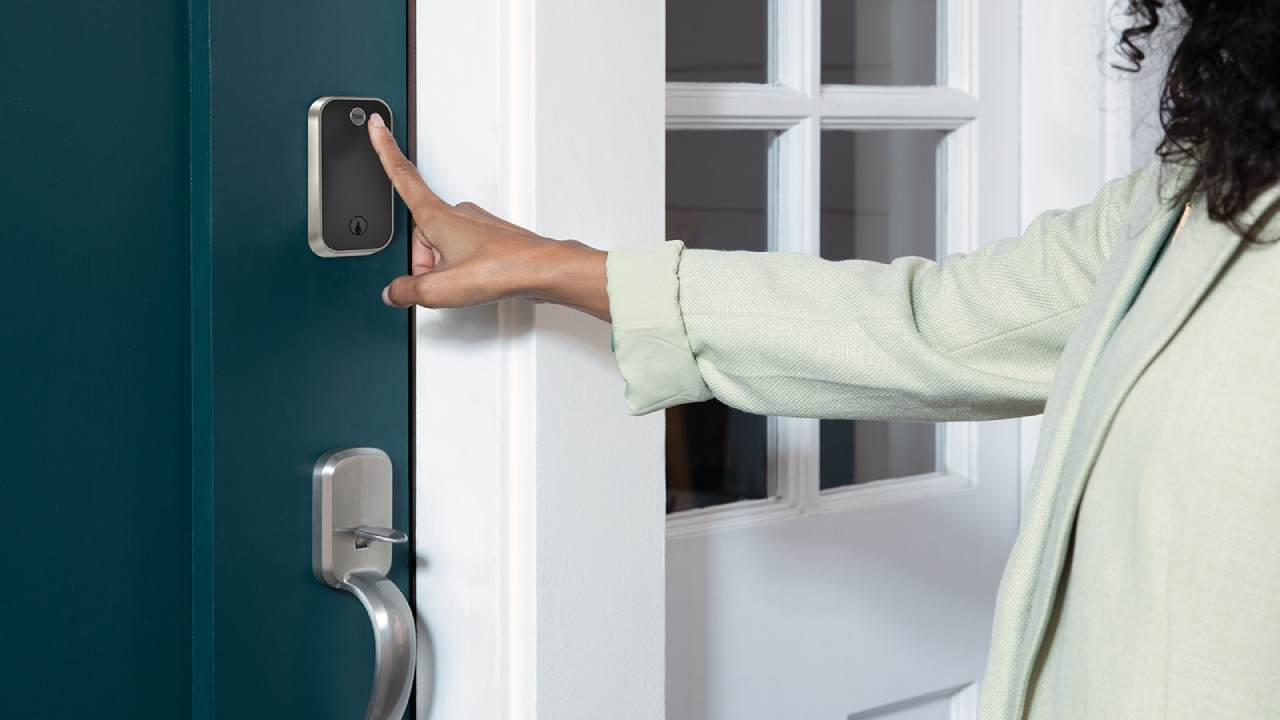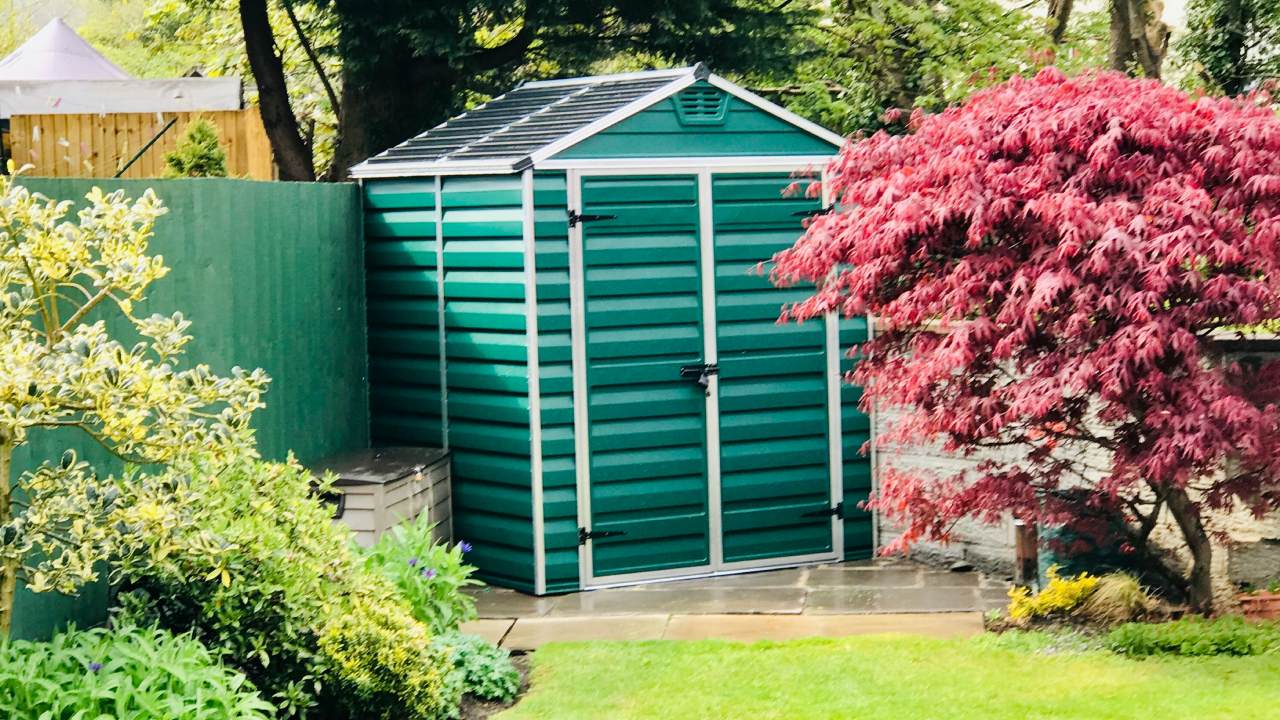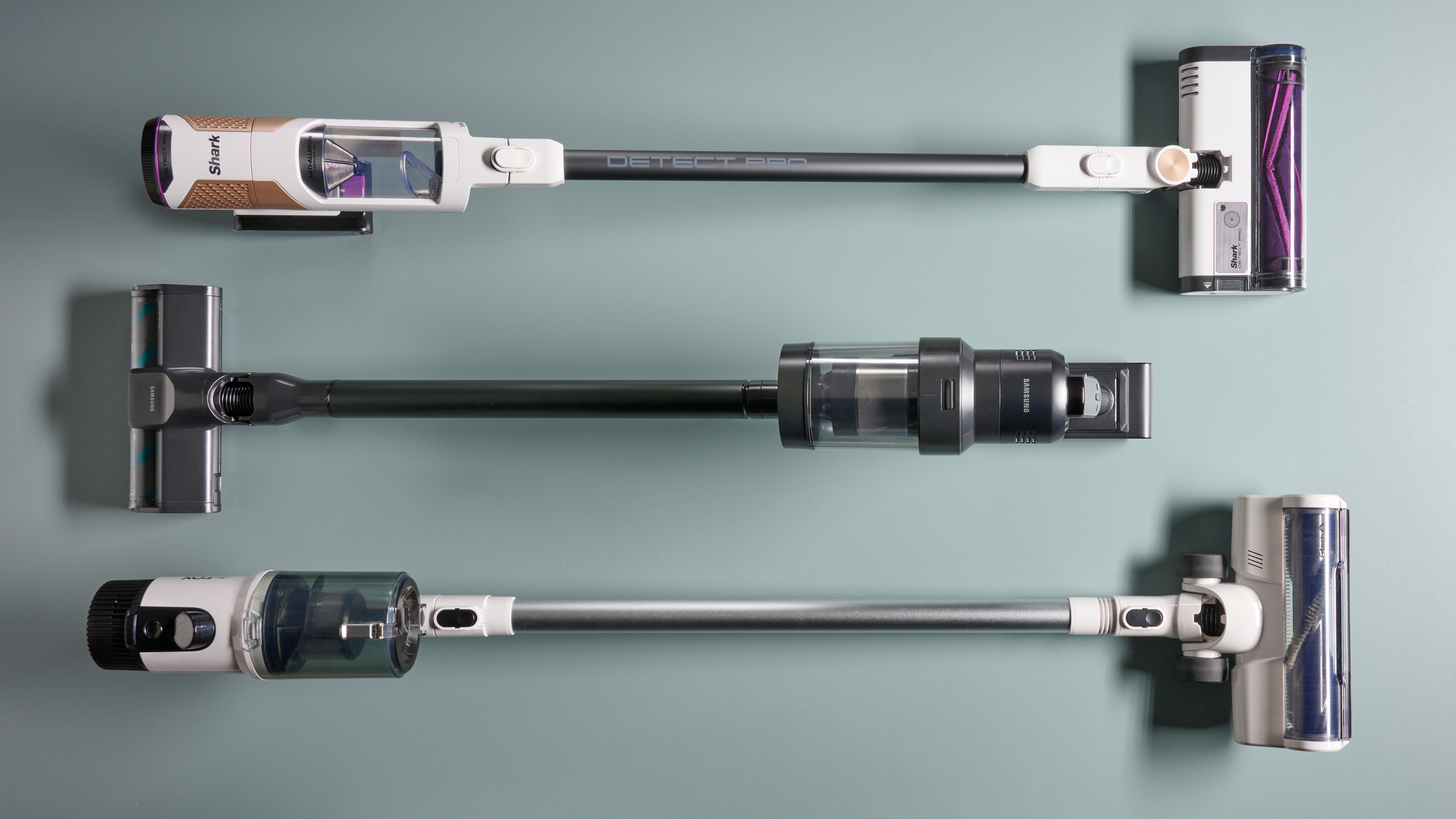Home Living
The latest Home Living breaking news, comment, reviews and features from the experts at T3
Explore Home Living
-

This is the biggest mistake you’re making when mowing your lawn – but it’s easy to fix
Expert reveals the exact time you should mow your lawn in spring and summer
By Bethan Girdler-Maslen Published
-

Your smart home just got easier to manage – thanks to Matter’s new update
It brings three exciting features with it
By Lizzie Wilmot Published
-

Weber Searwood XL review: grill, smoke and sear with Weber’s most versatile pellet grill yet
From sizzle to smoke, this patio leviathan delivers in spades
By Derek Adams Published
-

Ooni Halo Pro Spiral Stand Mixer review: the best stand mixer for pizzas and other doughs
The Ooni Halo Pro is now my most prized possession – here’s why
By Bethan Girdler-Maslen Published
-

Best sleep headphones 2025: plug in, switch on and nod off
Find the best sleep headphones to help you drift off quicker and improve your sleeping habits
By Bethan Girdler-Maslen Last updated
-

Women dream more about stress than men, according to Simba’s sleep study
Simba’s latest AI study reveals dreams and nightmares experienced by the UK
By Bethan Girdler-Maslen Published
-

This AI kitchen scale uses a built-in camera to track your meals' calories
The Qalzy kitchen scale could be the easiest way to track your calories
By Bethan Girdler-Maslen Last updated
-

Mous Optimal Travel Backpack review: this alternative to wheeled hand luggage is perfect for business trips
The Mous Optimal Travel Backpack is the ideal carry-on when taking a large laptop and lots of tech on a business trip
By Jamie Carter Published
-

This smart camera quietly watches and cares for birds, insects and flowers in your garden
Bird Buddy launches Wonder Petal and Blocks – but you’ll have to wait to get them
By Bethan Girdler-Maslen Published
-

Yale upgrades its Assure smart lock with Z-Wave and fingerprint access
Yale’s new smart lock is great for Z-Wave and ADT+ users
By Bethan Girdler-Maslen Published
-

5 reasons why Smeg's new soda maker is my favourite kitchen gadget so far
I can't get enough
By Lizzie Wilmot Published
-

Eufy E28 robot vacuum cleaner review: detachable portable deep cleaner accessory is the big feature
The Eufy E28 delivers predictably efficient results but the deep cleaning accessory will be the main draw for many buyers
By Rob Clymo Published
-

Best air purifier 2025: remove allergens, particles and pollution from your home
Improve the quality of the air you breathe with the best air purifiers from Blueair, Dyson, Philips and more
By Bethan Girdler-Maslen Last updated
-

Best pod coffee machine 2025: great coffee flavour with no fuss
Find the best pod and capsule coffee machines from Nespresso, Lavazza, Illy and more
By Bethan Girdler-Maslen Last updated
-

Best suitcase 2025: quality luggage, bags and rolling models for your next trip
Pack everything, including the kitchen sink, with the best suitcase, luggage and trunks
By Bethan Girdler-Maslen Last updated
-

Best bean-to-cup coffee machine 2025: top picks for coffee lovers
Find the best bean-to-cup coffee machines that incorporate a grinder, espresso maker and milk frother in one handy box
By Bethan Girdler-Maslen Last updated
-

Shark refreshes its FlexStyle with gorgeous new spring colourway
It's appeared on Shark's website
By Lizzie Wilmot Published
-

Ninja quietly announces Pro edition of its Luxe Café coffee machine – it’s all about espresso
Ninja upgrades its Luxe Café with more espresso and milk frothing options
By Bethan Girdler-Maslen Published
-

WiZ adds immersive entertainment setup to its smart lighting range – I'm seriously impressed
...and that's coming from a die-hard Philips Hue fan
By Lizzie Wilmot Last updated
-

Roborock just launched a budget robot vacuum cleaner – you won't believe the price
The Roborock QV 35A Robot Vacuum is now available to buy
By Lizzie Wilmot Published
-

Shed alarms are critical to keep your tools safe – an ex-Met Police specialist reveals all
Why you need a smart shed alarm, and T3's top picks
By Stuart Milne Published
-

Start summer right with £60 off BLADE beer machine starter packs
Sponsored by Beerwulf
Go on...it'd be rude not to
By T3.com Published
-

Apple homeOS expected to debut on HomePod with display – here’s what we know so far
Apple homeOS is on its way…
By Bethan Girdler-Maslen Published
-

Best robot vacuum cleaner 2025: hands-free cleaning while you're out
Find the best robot vacuum cleaners from top brands including Roborock, iRobot, EZVIZ, Eufy and SwitchBot
By Lizzie Wilmot Last updated
-

Best cordless vacuum cleaner 2025: exceptional floorcare with no wires
The best cordless vacuum cleaners do battery-powered cleaning with ease and speed
By Lizzie Wilmot Last updated
-

Philips Hue rolls out updates for its two most popular smart home devices
It's that time again
By Lizzie Wilmot Published
-

Govee Ceiling Light review: light up your living room by voice
The Govee Ceiling Light illuminates the room in any colour
By Yasmine Crossland Published
-

Zwilling’s new cordless range only needs one battery to power all its appliances
Zwilling debuts the XTEND collection with clever battery system
By Bethan Girdler-Maslen Published
-

5 outdoor weather stations to help you make the right gardening choices
Everything you need to know about smart weather stations
By Stuart Milne Published
